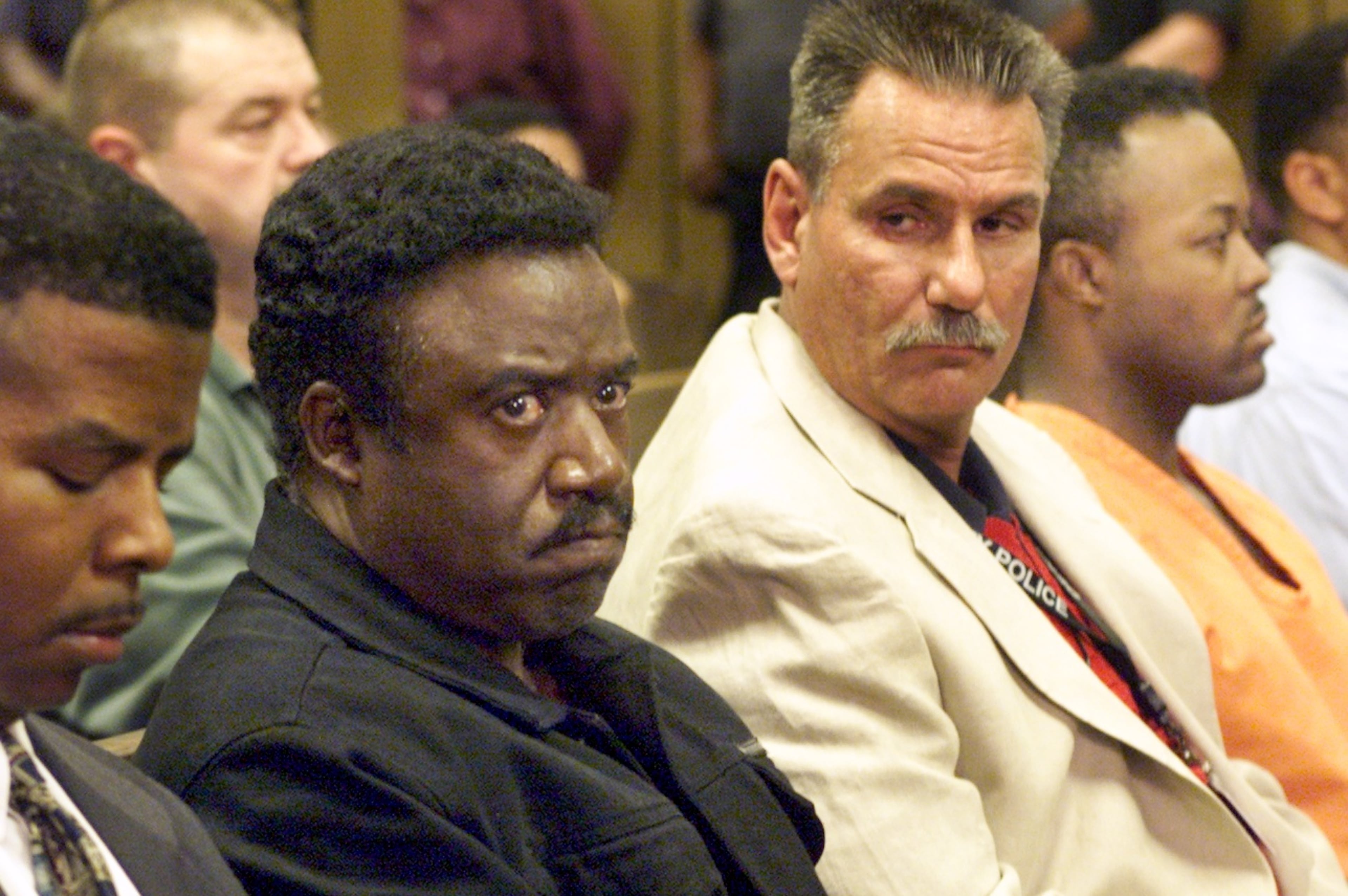Court: Wrongful death lawsuit against DeKalb officer can proceed

Finding evidence of unlawful deadly force, the federal appeals court in Atlanta has declined to dismiss a wrongful death lawsuit filed against a DeKalb County police officer by the family of a man who died six years ago.
In a unanimous decision, a three-judge panel of the 11th U.S. Circuit Court of Appeals on Thursday allowed the case against Officer Casey Benton to proceed to trial. The lawsuit contends Benton used excessive force against Troy Robinson after he fled from a traffic stop in East Atlanta on Aug. 6, 2015.
The lawsuit alleges Benton fired his Taser and struck Robinson, 33, when he was on top of an 8-foot-tall wall, causing him to fall to his death. Robinson, who was unarmed, died of a broken neck.
The incident occurred after Benton, who had been on the force about 10 years, pulled over a white GMC Yukon driven by Wilford Sims on suspicion that Sims’ new car had an expired temporary license plate. Robinson was a passenger in the Yukon, which, it turned out, had a valid license plate.
After Sims handed over his driver’s license to Benton, Sims said he had a handgun in the center console. Sims then got out of the Yukon so Benton could get the handgun, which he gave to another officer at the scene.
Benton next asked Robinson if he had any identification, but Robinson said he did not. When Benton asked an officer to run Robinson’s name in the Police Department’s system, Robinson took off with Benton on his heels.
In pretrial testimony, Benton said he fired his Taser at Robinson while Robinson was still on the ground. After that, Robinson climbed up a fence and scaled the wall, where he lost his balance and toppled over, Benton said.
But 11th Circuit Judge Andrew Brasher, who wrote the opinion, cited “substantial evidence” to the contrary.
One eyewitness testified that she heard a “pop” when Robinson was on top of the wall, Brasher noted. Yet another said he saw Robinson “stiffen up (like) he went into shock” before falling off the wall.
Also, part of a cartridge from Benton’s Taser was found on the other side of the wall from where Benton said he’d been standing. This suggests the Taser had been fired upwards and over the wall, Brasher said.

If this is what happened, Brasher wrote, “We have little trouble in concluding this use of force was excessive. … Tasing a person who is at an elevated height may come with a substantial risk of serious bodily harm or death.”
Brasher noted there was nothing in the record of the case that showed Robinson was dangerous or posed a threat. There also was no explanation as to why Robinson, who had traces of marijuana in his system but no drugs in his possession, ran away from the traffic stop when he did, the judge said.



